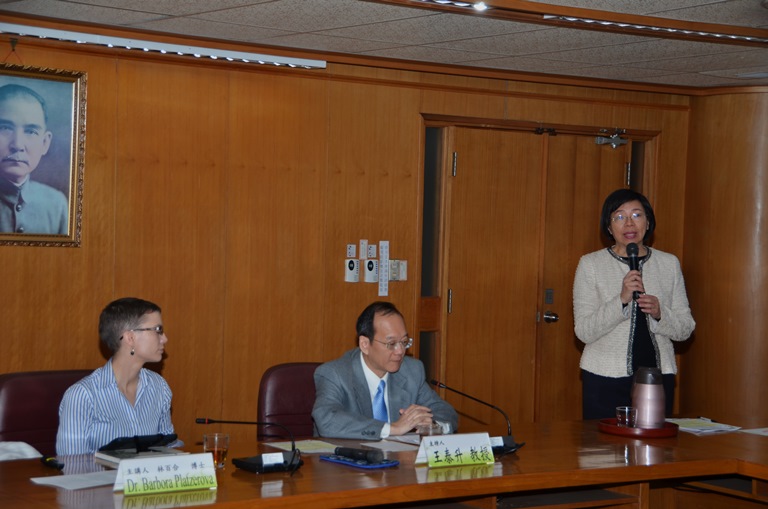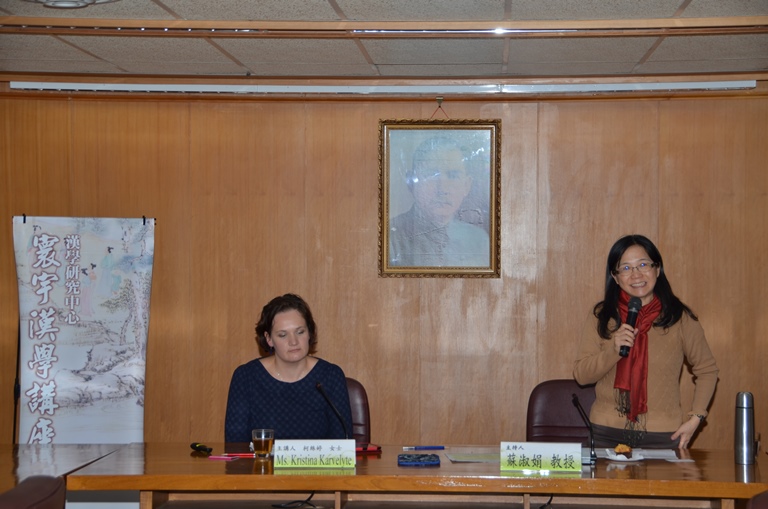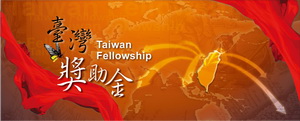As part of the ongoing Global Chinese Studies Lecture Series, two CCS visiting scholars were invited to present their research. On December 18, 2014, grant recipients Barbora Platzerová of the Institute of Legal History at Charles University in Prague, and Kristina Karvelyte of the School of Media and Communication at Leeds University, UK, shared the fruits of their research in Taiwan.
Barbora Platzerová gave a talk entitled “Bigamy in Civil Code,” which was moderated by Prof. Tay-Sheng Wang of National Taiwan University’s College of Law. Ms. Platzerová spoke on the history of bigamy in Taiwanese civil law since 1930. Although the 1930 civil articles on kinship declared bigamy in the form of two or more concurrent marriages illegal, the final formulation of the statute and interpretation of the Supreme Court enabled traditional and widespread polygyny in the form of taking concubines and minor wives to continue unchanged. The 1935 Criminal Code made adultery committed by males a punishable offense, at least in theory. Even though the new code protected existing polygynous marriages, it still expressed growing disapproval of such forms of marriage. Ms. Platzerová also explained the key judicial decisions and legal terms relating to the civil code and drew comparisons with PRC law.
The second talk was given by Kristina Karvelyte, moderated by Prof. Shew-Jiuan Su of National Taiwan Normal University’s Department of Geography, and entitled “Deconstructing the Relationship between the Display of Culture and Urban Politics: Lessons from Taipei.” In the last few years, a large number of cities around the world have been gradually reducing spending on culture and arts, whereas in Taipei this trend is reversed. The main aim of Ms. Karvelyte’s research was to examine the rationale behind this trend and to identify why policy makers are increasingly attracted to arts and culture. By analyzing policy documents and interviewing local policy makers and senior executives of large-scale cultural events in Taipei, she revealed a number of tangible as well as intangible benefits that urban policymakers expect to gain from large-scale cultural events. Citing Raymond Williams’ 1984 theory of “culture as display,” she argued that Taipei city uses cultural activities as a means of city branding. In other words, Taipei City government uses major cultural events as its main marketing tool. These events bring benefits that not only demonstrate the importance of establishing the Taipei City brand, but also help enhance international visibility and boost the image of the city.












